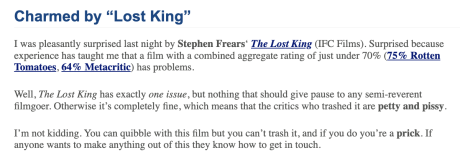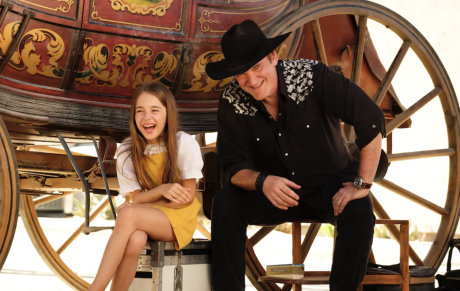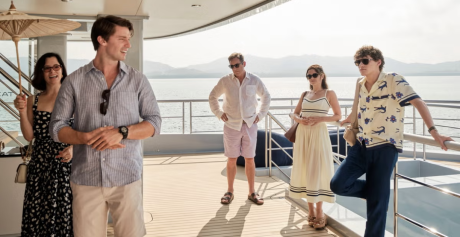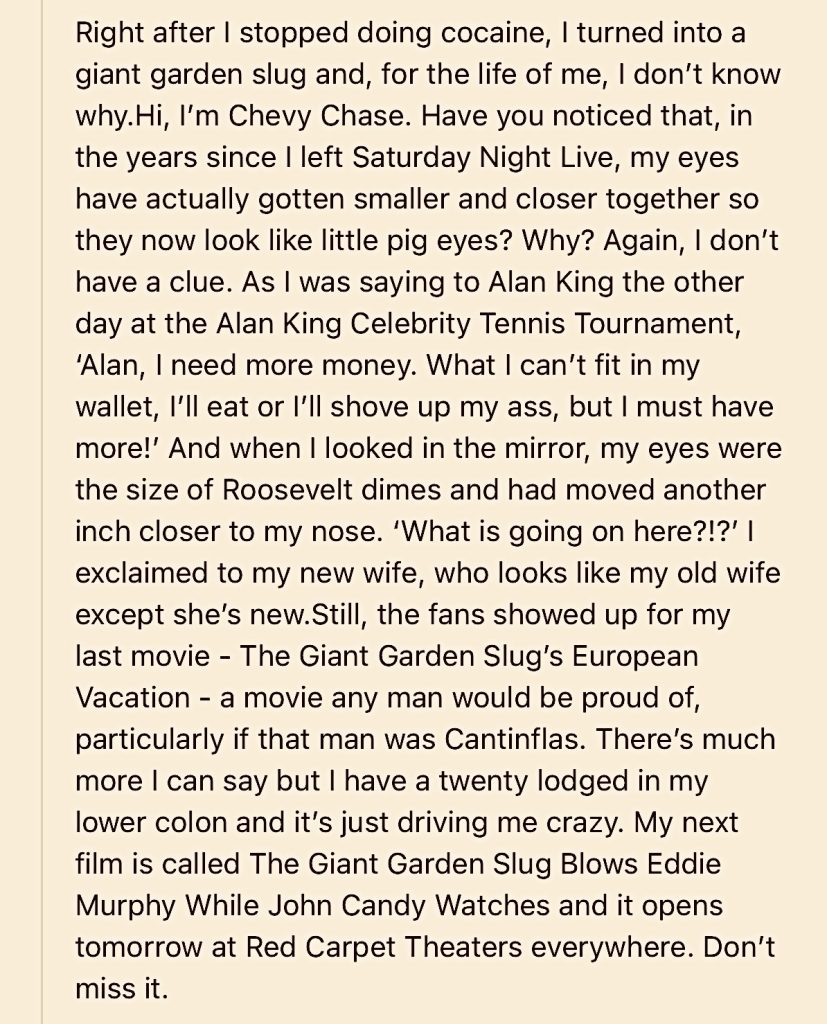In the early to mid ’50s Dewey Martin was quite the appealing young actor — handsome, well-spoken, disciplined, no-nonsense vibes. He landed strong supporting roles in a quartet of respected and successful films — Howard Hawks‘ The Thing (’51), The Big Sky (’52) and Land of the Pharoahs (’55), and William Wyler‘s The Desperate Hours (’55).
But after costarring with Dean Martin in Ten Thousand Bedrooms (’57), Dewey’s feature career began to go south.
He turned up in several more films, but no good ones. He was in Meet Me in Las Vegas (’56) and The Proud and Profane (’56), but without credit. His supporting role in The Longest Day (1962) was deleted. He became a semi-prominent TV actor (the lead role in a well-remembered Twilight Zone episode that aired in ’60 (“I Shot An Arrow into The Air“) and plugged along throughout the ’60s, but the gas was pretty much gone from the tank by the early to mid ’70s.
Martin married Peggy Lee in ’58, but they divorced in June ’59.
I don’t know what Martin did for a living during his last few decades, but he had a strong constitution and wound up living until age 94. Martin passed seven years ago in San Pedro.
Where would Martin have been without Hawks’ admiration and professional support? The Thing, The Big Sky and Land of the Pharoahs were fairly big deals in their day.
What was the essence of the Hawks-Martin bond? Presumably Hawks saw Martin as the son he never had, but I’ve searched and asked around and know nothing.
The bottom line is that things began to dry up for Martin after Hawks took a hiatus from directing after Land of the Pharoahs and didn’t return until Rio Bravo, which was shot in 58 or thereabouts.
I hate to say this but I suspect the name “Dewey” didn’t work for certain folks — it sounded unmanly or adolescent. It may have reminded some in the audience of Huey, Dewey and Louie.

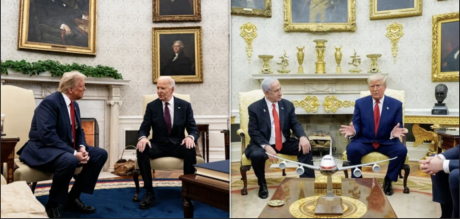
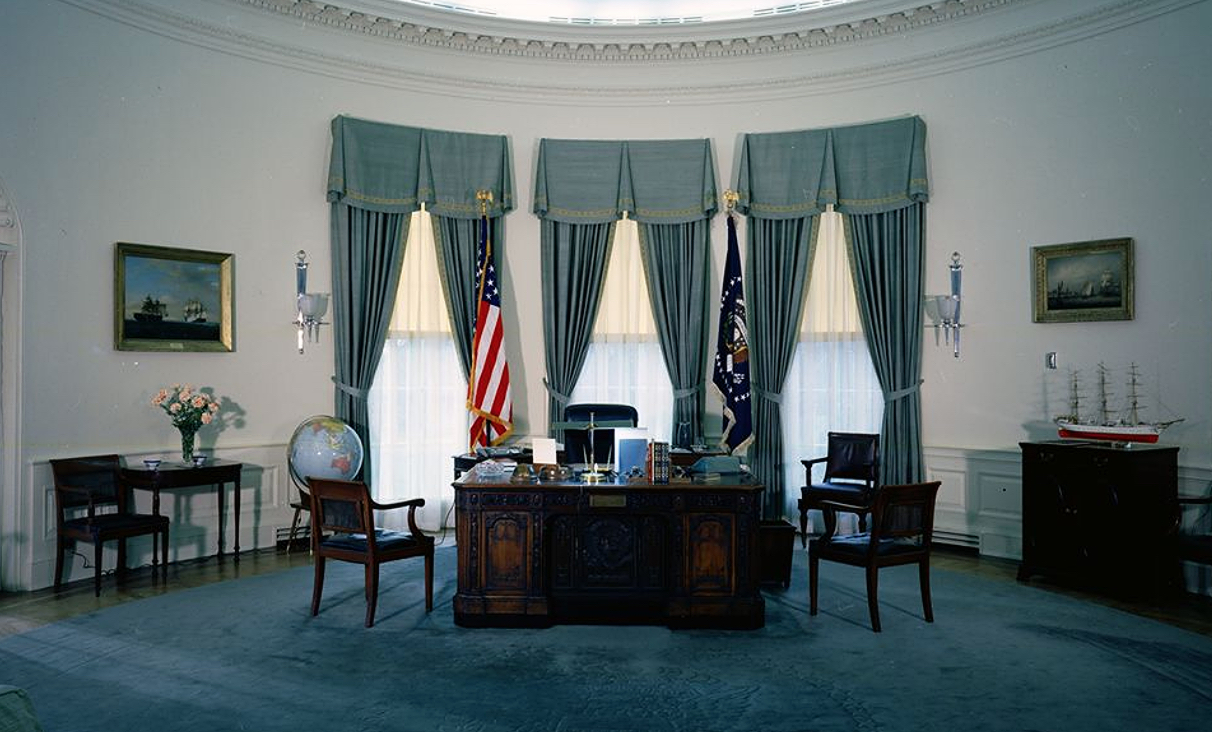 JFK’s subued Oval Office scheme, circa 1961.
JFK’s subued Oval Office scheme, circa 1961.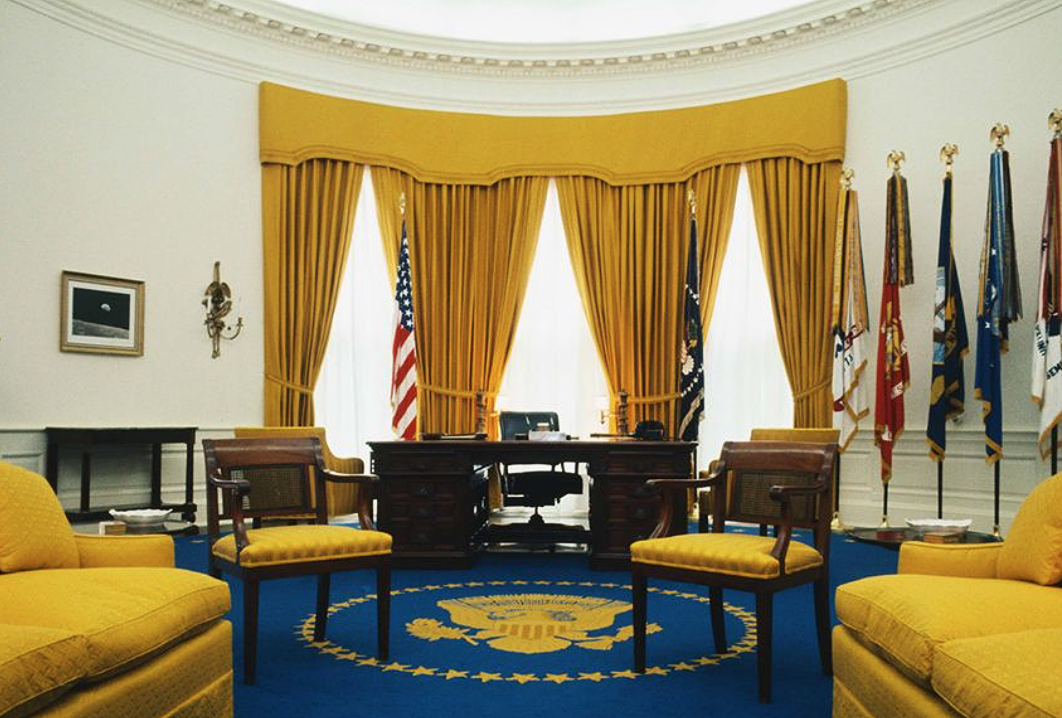 Richard Nixon’s Oval office.
Richard Nixon’s Oval office.